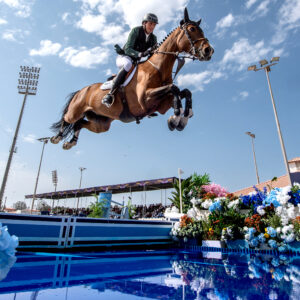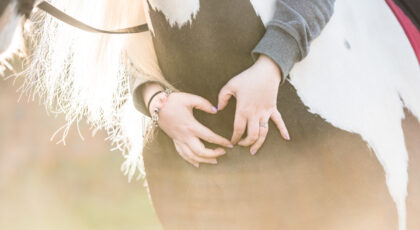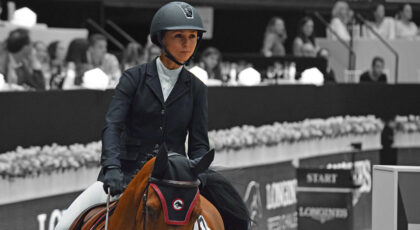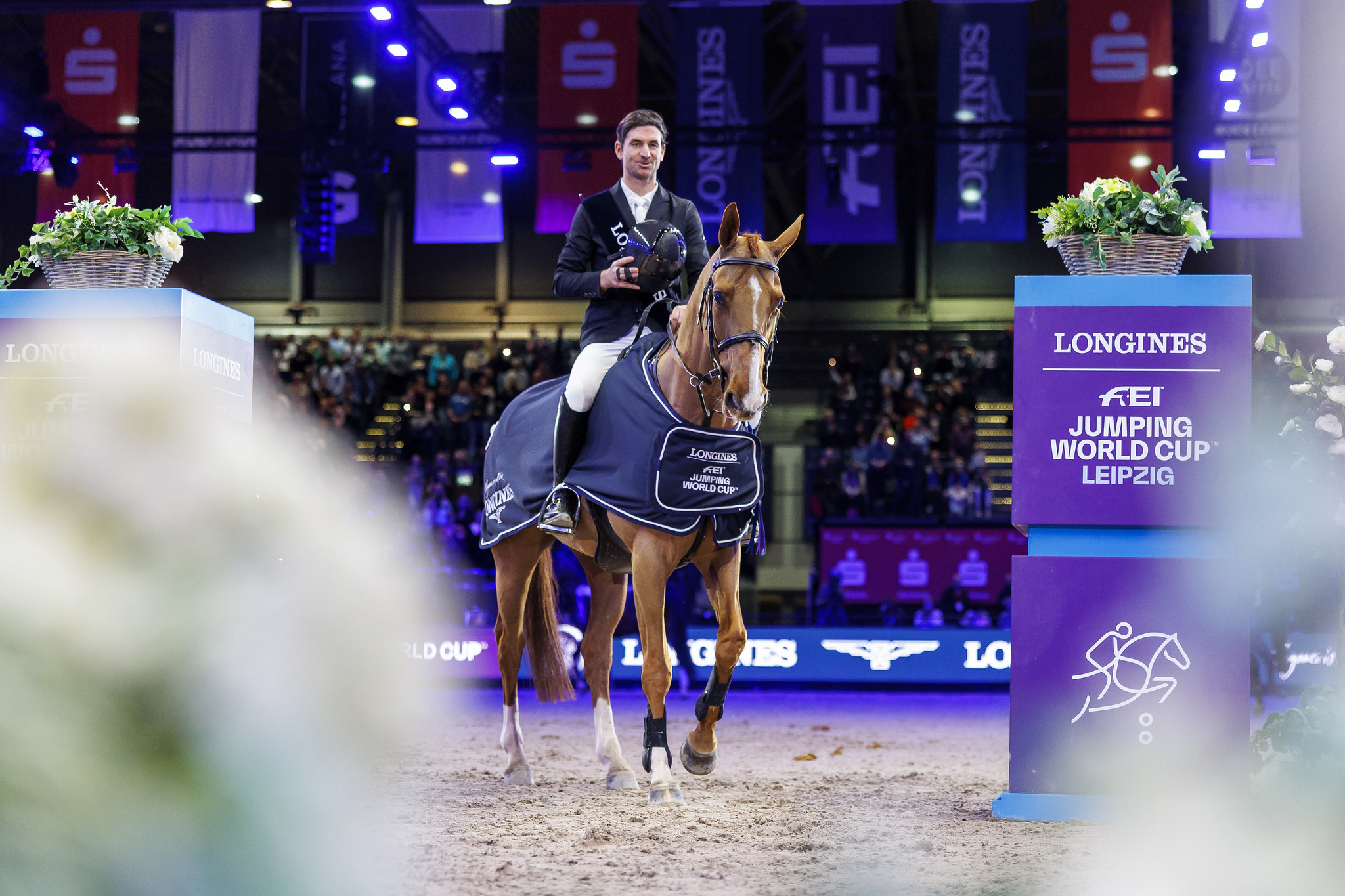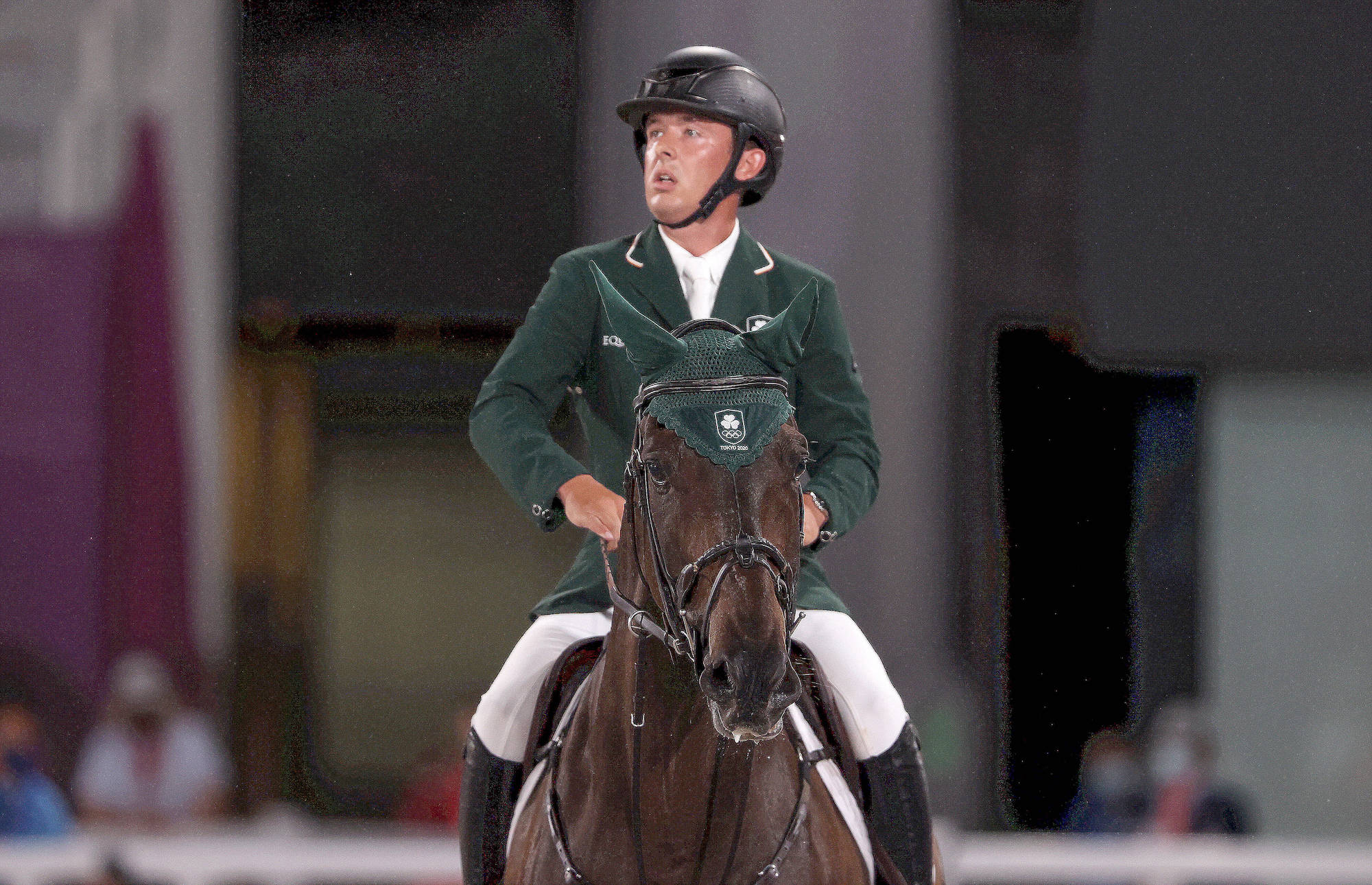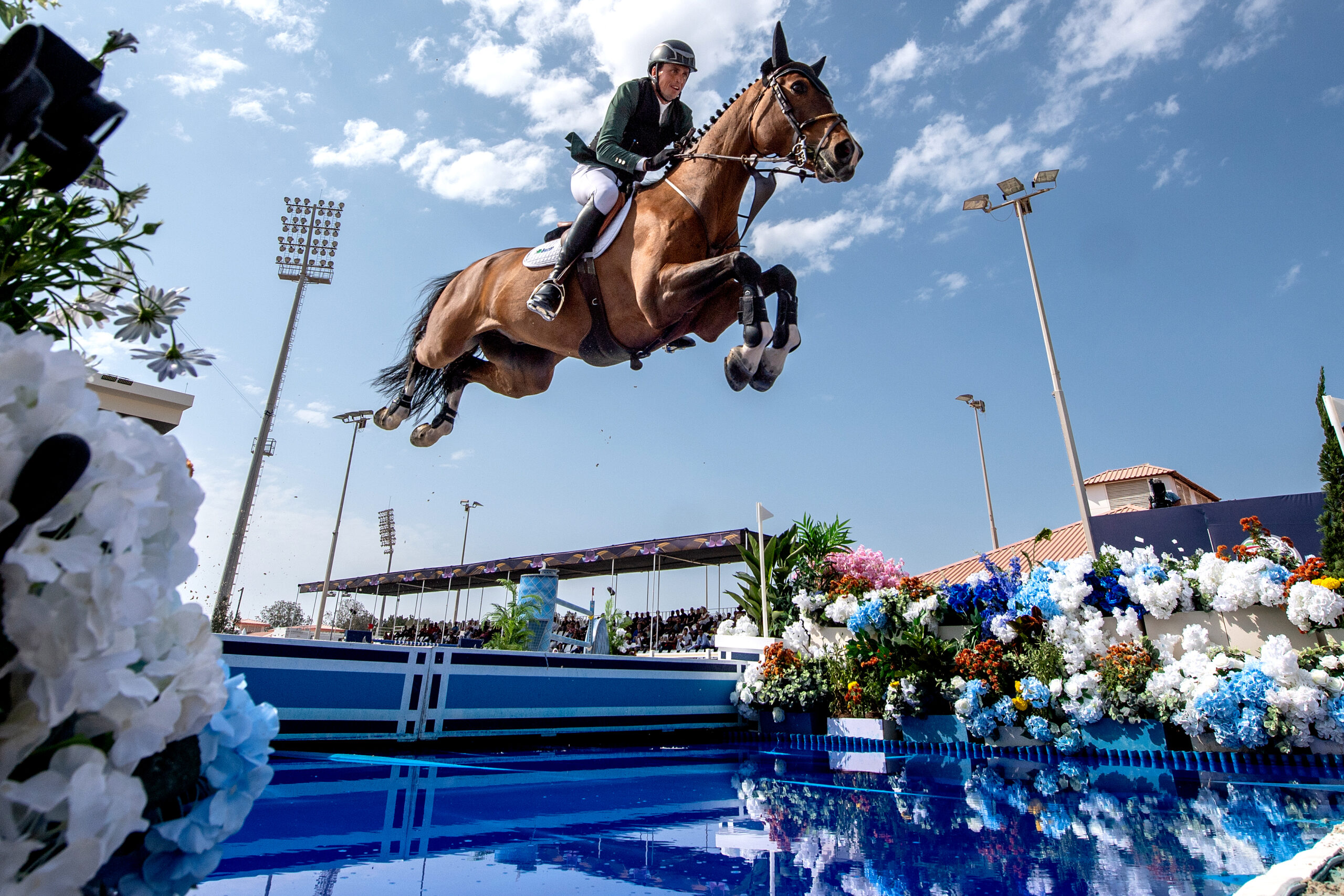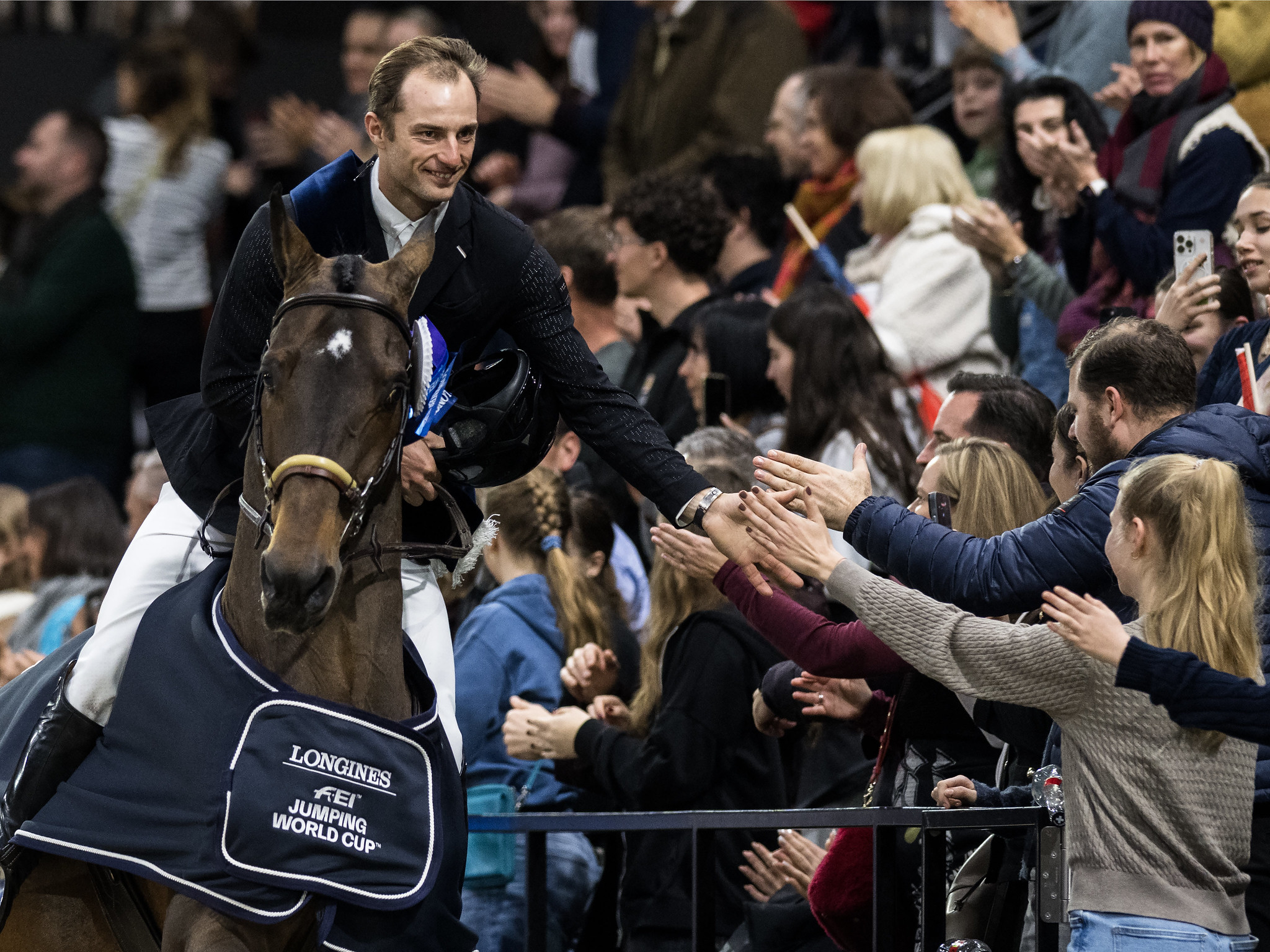Horseshoe-free hoof proponents can be very enthusiastic and are often devoutly committed to the theory of “natural is best.”
Often, natural is best. However, shaming people for putting shoes on their horses doesn’t fix anything, nor does discrediting farriers who are just trying to help keep horses sound.
The reasons for the prevalence of shoeing in modern horses is more complicated than many assume. It is rarely a simple issue of horse owners “being lazy” about their horse’s hoof care, nor is it about farriers trying to extract more money by putting shoes on every horse. (In fact, many farriers prefer trims because they’re faster, easier on the body, and require less supplies).
What a horse owner who has carefully weighed the pros and cons and decided to shoe their horse does not need is an overzealous person telling them they’re making the wrong choice.
What if you feel really passionately about horses being barefoot? How can you educate people about how healthy it is without coming across as over-the-top?
If you understand the reasons why people put shoes on their horses, you can help solve the problems, rather than criticizing the solutions. Some of the reasons include: nutrition, competition, traction, environment, health issues, and genetics.
With those topics in mind, here are five things you can do to encourage people to keep their horses shoe-free:
1. Encourage breeders to focus on hoof (and leg) quality
Get on the advisory board of any breed organizations you may be involved with and find ways to constructively educate and motivate breeders to evaluate their breeding stock from the ground up. If healthy, correct hooves and legs are incentivized, people will select for it.
2. Get involved with competition organizations to change the rules (and culture) to reward natural athletes
This will have to encompass a variety of aspects, from way of going to athletic asks. Show ground footing is another issue that would need to be addressed.
3. Become knowledgeable about facility design to develop and maintain bare hooves
Educate people about how to best care for bare hooves day to day. Learn about the kinds of footing that support hooves best and how to maintain optimal moisture levels, then share that knowledge with other horse owners.
4. Design a better hoof boot
Hoof boots are a happy medium between always-on shoes and completely bare hooves that can be applied and removed as needed. While there are some great ones out there, they can be challenging to apply correctly and keep clean for some people.
5. Become an equine nutritionist
Laminitis is one of the major reasons that horses truly need the support of shoes, and while it’s not always preventable, better educated horse owners that feed their horses in a healthy manner could avoid many cases.
Bare hooves are cheaper, lower maintenance, and a very healthy way to keep many horses. Addressing the causes of horses requiring shoes and educating owners on best practices for bare hoof care is a winning combination for having more horses with bare feet.
About the Author
Nancy Rich-Gutierrez is an IT professional and manages her husband’s farrier company. When she’s not busy with her full-time job or running the office for her farrier, she’s chasing their two-year-old and riding her Arabian horses. Check out the HG Horseshoeing blog at hghorseshoeing.com.


 October 14, 2017
October 14, 2017 













